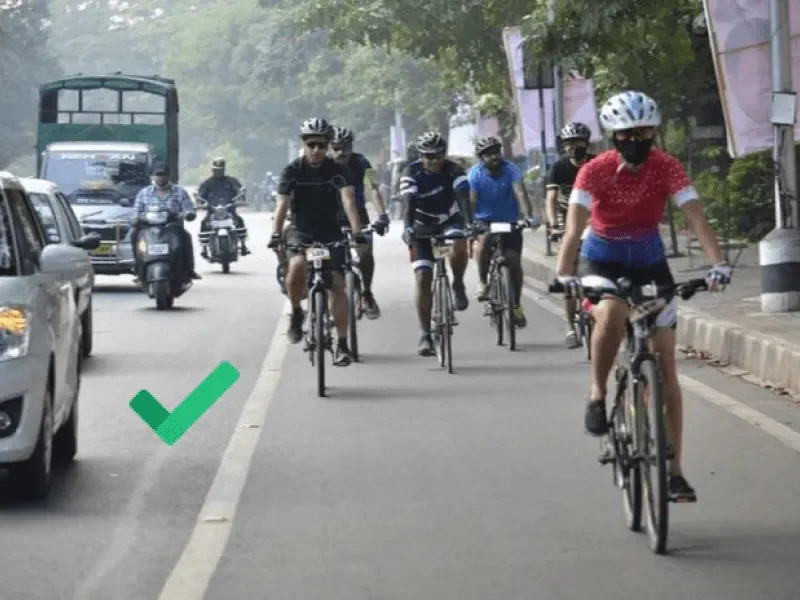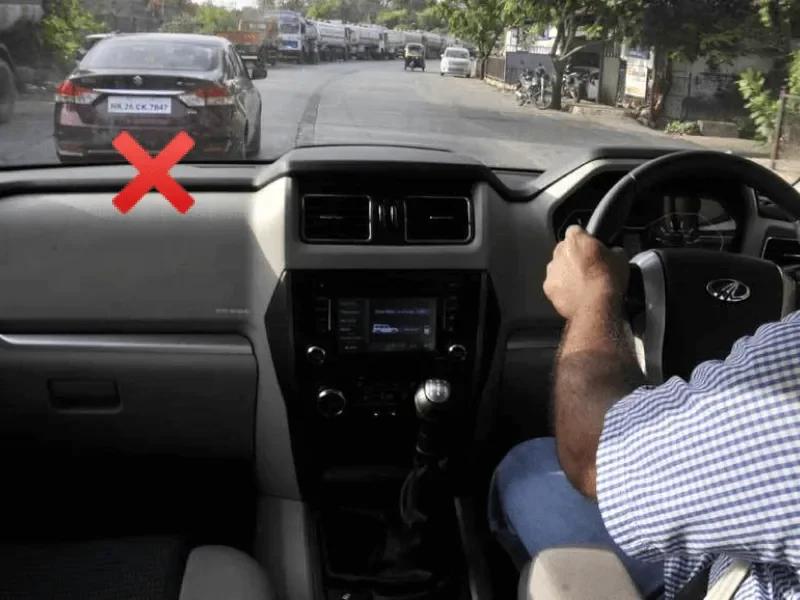Ethical Behaviour
The ethical behaviour of a driver is defined as standards of courtesy while operating a vehicle. Good drivers tend to care more about driving ethics, and therefore, experience fewer instances of poor or heedless driving. In order to develop ethical driving, you need to abide by the guidelines mentioned in "Rules for Safe Driving" module.
Courtesy
Courtesy means showing politeness in your attitude and behaviour towards other road users. Attitude here means thinking about possible actions of other road users and adjusting your behaviour, and avoiding aggression while driving.




- Respect: You should respect others, their property and privacy. The behaviour which expresses these values includes how your actions affect others. You should act unselfishly and help others. You should always acknowledge a courteous act by another driver.
- Interactions between road users: The way you think decides your emotions. Your emotions affect your attitude towards driving and other road users. You should share space with other road users graciously.
- Psychological measurements: Always try to be tolerant to other driver’s mistakes. You must not be upset or agitated when other drivers make mistakes.
- Patience: You should not unnecessarily blow horns in a traffic jam or when the preceding car remains stationary at a traffic signal even after the signal has turned green.
- Considerate: Always be helpful and considerate on roads. You should allow a pedestrian to cross the road and recover from an accident. Always give way to ambulance and fire rescue services.
- Responsible citizen: Always ask yourself before taking action that affects someone. You should always give indications before taking turns. Even when you scrape the fender or inflict minor damage to a parked car in the absence of its owner, you must apologise and leave a note giving your name and telephone number.